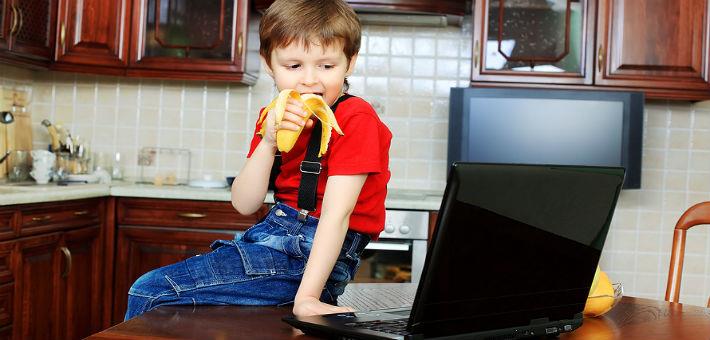
Can Online Health Games Teach Children About Healthy Eating and Activity?
Educational games have become an increasingly more popular way to educate children on important issues, like health. But do they actually work? According to a study in the Games for Health Journal they can. Children who played the online health game ‘Fitter Critters’ improved their healthy nutrition knowledge and became more positive about healthy food.
Take aways
- Online health games can be effective in improving attitudes toward and knowledge of healthy nutrition.
- Online health games can also be effective in stimulating children to believe in their own capacities to achieve healthy eating (‘diet self-efficacy’).
- Developers of online health games should be aware that for a game to be effective it needs a strong and explicit focus on the desirable health behavior (for example, healthy eating or physical activity).
Study information
The question?
Can online health games teach children about healthy nutrition and physical activity?
Who?
75 10- to 11-year olds (approximately 51% boys and 49% girls; primarily Caucasian)
Where?
Massachusetts, United States
How?
The children played an online health game called ‘Fitter Critters’ during their one-hour health class for five days in a row. In the game, the player is responsible for the health of his or her virtual pet (Critter). When the pet gets healthy food and exercise enough, it becomes healthier, wins more sport games and earns more money. At the very beginning and after the five game-classes the children had to answer several questions regarding nutrition knowledge, physical activity knowledge (i.e., the recommended daily amount of activity), and the belief in their own capacities to achieve healthy eating and physical activity (self-efficacy).
Facts and findings
- Children were more positive about healthy food after playing the game.
- Their knowledge of healthy nutrition also increased a bit after playing the game.
- They also had a stronger belief in their own capacities to achieve healthy eating (‘diet self-efficacy’) after playing the game.
- However, their belief in their own capacities to achieve physical activity (‘physical activity self-efficacy’) did not change after game play.
- Moreover, their knowledge about physical activity and sedentary behavior even dropped after game play.
- According to the researchers, an explanation for this finding is that the game is primarily focused on giving the pet healthy nutrition rather than stimulating the pets’ physical activity.
- Extra fact: The children were very positive about the health game. Almost all children wanted to play the game again and intended to recommend the game to their friends. Teachers liked the game as well. On a 10-point scale, their overall rating of the game was a 8.5.